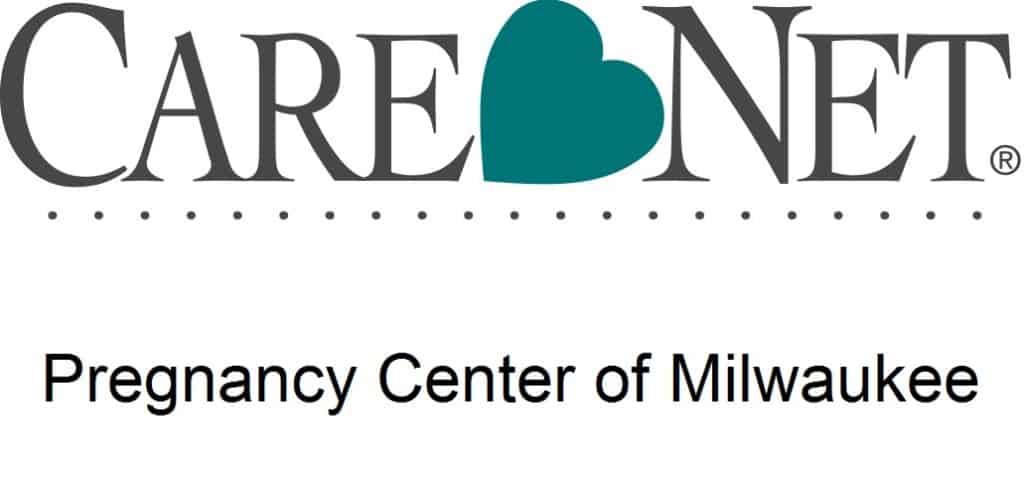While taking care of yourself and getting great nutrition is important for every woman, self-care and healthy eating take on a whole new meaning during pregnancy.
Good Nutrition Benefits Your Baby
A quick Google search will deliver you hundreds of resources and articles that cover the topic of nutrition during pregnancy. None of them will argue that eating healthy and nutritious foods during pregnancy is a great choice in caring for your baby. From the moment you conceive, your baby is already relying on you for healthy food and nutrients. Being more mindful of what you’re eating can actually reduce the risks of birth defects, help your baby’s brain to develop, and of course, will increase the chances for a healthier birth weight when your little one arrives.
What’s in it for Mom?
While a nutritious diet is important for taking care of your growing baby, it can also help to minimize some of those more undesirable pregnancy symptoms you may be experiencing (especially in the first trimester). While not all pregnancies come with the same set of symptoms, many women struggle with the infamous morning sickness (which, unlike the name suggests, chooses to stick around at all points of the day for some women). When nausea hits, food is often the last thing you may want to think about, however, an empty stomach can actually increase the feeling of nausea, making the symptoms worse. You may not be in the mood to eat a heavy meal in an attempt to combat morning sickness, Amanda Hyerdall, a registered dietician at Loyola University, suggests eating 5-6 smaller meals throughout the day instead of 3 larger meals, can help. She also suggests avoiding spicy foods, using gummy prenatal, and getting plenty of rest. Ginger has been known to offer some relief from nausea as well. Try ginger chews, ginger ale, or ginger tea.
Maintaining good nutrition during pregnancy can also help minimize the extreme fatigue and exhaustion that come along with pregnancy. While your body is working overtime to take care of you and your baby, taking in some extra nutritious fuel can help to keep your energy levels up.
What Should I Eat?
While you’re technically eating for two now, you actually don’t need to double your portions in order to get the nutrients you need to support your pregnancy. According to Johns Hopkins Medicine-Health, pregnant women should consume an additional 300 extra calories per day throughout the first trimester. Most of these calories should come from whole grains, protein sources, fruits, and vegetables.
Helpful Food Tips During Pregnancy
The suggestions below are not an exhaustive list of everything you should and should not eat, however, it provides a great starting point of healthy options to choose during pregnancy:
- Veggies – The best veggies include carrots, sweet potatoes, pumpkins, spinach, kale, tomatoes, and sweet red peppers. These provide plenty of Vitamin A and potassium.
- Fruit – The best choices for fruit to eat during pregnancy are cantaloupe, honeydew, prunes, bananas, oranges, and grapefruit.
- Protein – Good protein sources include beans and peas, nuts and seeds, lean beef, lamb, pork, salmon, trout, herring, sardines, and pollock.
- Dairy – Healthy dairy products include pasteurized fat-free or low-fat yogurt, skim or 1% milk, and soymilk. These will all provide a good source of calcium, potassium, and Vitamins A & D.
- Whole Grains – Oatmeal and cooked cereal are both high in fiber and excellent choices during pregnancy.
Folic Acid
Folic acid is a nutrient found in some leafy green vegetables, most berries, nuts, citrus fruit, fortified breakfast cereals, brown bread, and beans. Folic acid reduces the risk of neural tube defects, birth defects that affect the developing nervous system of the baby. These defects affect the brain and spinal cord, which can lead to varying degrees of paralysis, incontinence, and sometimes-intellectual disabilities. Folic acid is most helpful during the first 28 days after conception, but since many women don’t know they are pregnant that early, experts suggest women begin taking folic acid before they are pregnant and continue taking it through at least the 12th week of pregnancy. The US Public Health Service recommends all women of childbearing age consume 400 micrograms of folic acid/day.
Vitamins
Vitamins are also very important for pregnant women. Vitamin D is essential for the growth and development of muscles and bones for both moms and babies. The skin produces vitamin D when it is exposed to sunlight so that is one way to increase your daily dosage. Foods high in vitamin D are oily fish, eggs, and fortified foods. Vitamin C is also essential during pregnancy. The recommended dosage of Vitamin C for pregnant women is 1,000-1,200 mg/day. Another recommended vitamin for pregnancy is iron. Iron works with sodium, potassium, and water to increase blood flow and also helps ensure that plenty of oxygen is supplied to both mother and baby. 27 mg/day is the recommended amount for iron and it should be taken alongside Vitamin C to help absorption. Calcium is another important vitamin for pregnancy. Calcium helps build bones and regulates the body’s use of fluids.
Foods to Avoid
While pregnant, a woman’s immune system is weakened and therefore more vulnerable to bacteria, viruses, and things that can cause foodborne illnesses like listeria, E Coli, and salmonella. These bacteria have been linked to preterm labor and miscarriage. Below are the primary foods that experts suggest should be avoided during pregnancy.
- Raw fish – Especially tuna, shark, and swordfish which are higher in mercury*. These fish should be avoided completely or eaten no more than one time per week during the entirety of the pregnancy.
*Mercury is a dangerous heavy metal that, if passed onto an unborn baby in too high a quantity, can negatively impact the baby’s developing brain and other organs.
- Unpasteurized cheeses – cheeses such as Feta, Brie, Gorgonzola, and Camembert are on the ‘do not eat’ list.
- Juices and unpasteurized milk – should also be avoided as they have higher levels of listeria.
- Raw, unpasteurized eggs – these are more likely to carry salmonella so they should be avoided. That means you may be disappointed to hear that eating raw cookie dough is highly discouraged as well! If you are going to eat eggs during pregnancy, make sure they are thoroughly cooked.
- Raw and undercooked meat – meat can carry harmful parasites like toxoplasmosis and salmonella.
- Cold deli meats – this includes raw hot dogs and cold, cured meats (like salami and smoked fish). These cold meats contain higher levels of listeria. If you choose to eat deli meats, you’ll want to make sure that they are cooked or heated completely first.
- Certain Vegetables like sprouts and alfalfa can carry higher levels of bacteria and should also be avoided.
There are several ways in which you can reduce the chances of acquiring a dangerous bacteria or virus during pregnancy. Practice safe food handling by washing both your hands and your food thoroughly, especially after handling raw meat. Keep the kitchen and the refrigerator as sanitary as possible, and cook all your food until it is well done.
Caffeine During Pregnancy
Finally, the question of caffeine! Many doctors and health care providers agree that up to about 200 mg/day of caffeine is safe to consume during pregnancy. That is equivalent to 12 ounces of coffee or 2.5 shots of espresso. Thankfully, there’s no need to say “goodbye” to that morning cup of coffee! The same numbers apply to caffeinated teas and sodas.
Herbal teas are naturally caffeine-free so caffeine is not an issue with this type of tea. According to the American Pregnancy Association, however, the problem with consuming herbal teas during pregnancy is the lack of data available on most herbs and their effects on a developing fetus. They do suggest the safest teas as lemon balm, red raspberry leaf, and peppermint.
The decision to carry your baby is an enormous one that can come with a lot of “how to’s” and “what if’s” (especially if it’s your first pregnancy). If you need help, you’ve come to the right place. At Care Net Milwaukee, we provide compassionate, judgment-free, and confidential care for women before, during, and after their pregnancy. Our medical professionals can help guide you through any questions you may have regarding nutrition or any other pregnancy or parenting-related topic. If you find yourself in need of support during your pregnancy, we hope you will come see us on Fond du Lac Ave. in Milwaukee!

